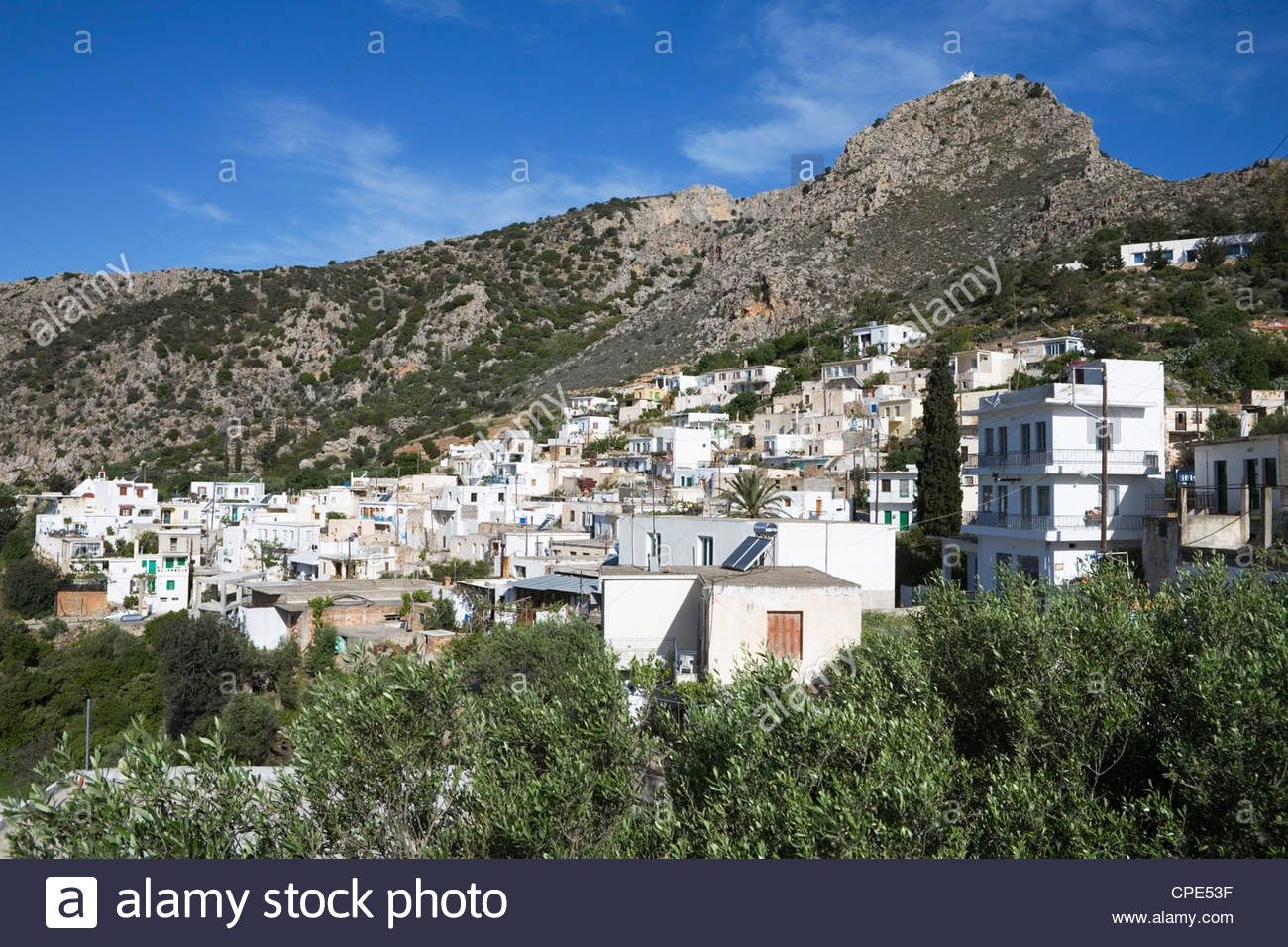Since Profanity as such is no longer banned on Quora, my response is: Του Αγίου Πούτσου.
That can be paraphrased as “Never”.
(It literally means “St Penis’ Day”, because Greeks are strange like that.)
Nick Nicholas’ answer to After “Quora auf Deutsch” what is the next language Quora will target? is a summary of discussions Josephine Stefani, Clarissa Lohr and I have had about the likely Quora internationalisation roadmap.
The choice of Italian remains an oddity among the potential candidates. I am not convinced by the purchasing power of the number of Italian-speaking Google users that might stumble on a Quora answer in a search, and see an ad there (the bottom line explanation for Quora internationalisation priorities).
But 60 million Italian-speakers on Google, living in a teetering economy within the First World, are still a much more compelling proposition for would-be advertisers on Quora than 10 million Greek-speakers on Google, living in a collapsed economy, within whatever world Greece now finds itself in.
And that’s the calculation. If the calculation were Wikipedia-style altruism, there’d be a Quora in Arabic and in Hausa already.
Unlike others here, I would be delighted if there were a Quora in Greek; but then again, I’m in the diaspora, so I miss being immersed in Greek. German Quorans I know were ambivalent about the point of a German Quora too, but I note that while some will not set foot on it (Kat), others have taken it up despite their scepticism (Clarissa Lohr). The global reach of English Quora is unlikely to be diluted, and the Other-Language Quoras can readily occupy a niche alongside it.
(Niche is not what Quora likely had in mind for all those Googling users and their monetisable clickbait. It’ll be interesting to see how many eyeballs Spanish Quora attracts that weren’t already on English Quora.)
But a Greek Quora? Only if Quora Inc turns into Wikimedia, and releases its software for public tinkering and customisation.
Like I said. Του Αγίου Πούτσου.
